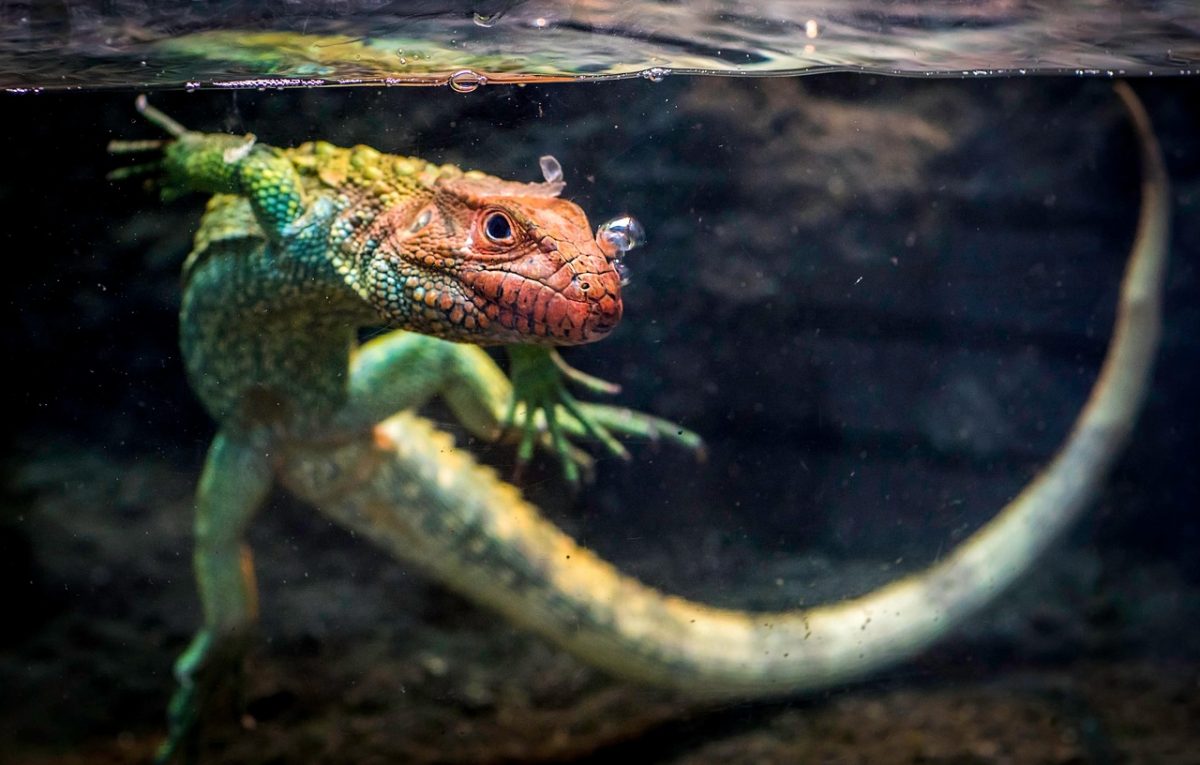When we think of pet insurance, most people immediately picture dogs and cats. But what about the reptiles, birds, rabbits, ferrets, and even sugar gliders that have made their way into people’s hearts and homes? As more families welcome exotic animals into their lives, the conversation around protecting these pets financially is starting to grow louder.
A New Kind of Pet Parent
Over the past decade, there’s been a noticeable shift in pet ownership. More people are embracing unconventional companions. Parrots that live for decades, snakes with unique dietary needs, or guinea pigs that require specialized veterinary care, all of these animals are now family to someone.
With this shift comes a natural question: should these exotic pets be insured, just like dogs and cats?
Why Exotic Pets Need Insurance Too
Veterinary care for exotic animals can be surprisingly expensive. Exotic pets often require specialized vets, which means limited access and higher costs. Even a basic check-up for a parrot or bearded dragon might cost more than it would for a dog. If your pet develops a health issue, those costs can rise quickly.
Illnesses in exotic pets can also be hard to spot until they become serious. Ferrets are prone to adrenal disease. Rabbits can develop severe digestive issues. Birds may hide their symptoms until it’s too late. In these cases, early intervention is critical but it’s also expensive.
This is where insurance could make a difference. If more exotic pet owners had coverage, they might be more likely to seek veterinary care earlier, leading to better outcomes and less stress.
The Current State of Exotic Pet Insurance
Pet insurance for exotic animals is still very niche. A few companies, like Nationwide, offer coverage, but it’s limited. Policies may exclude certain species, cover fewer treatments, or come with caps that don’t reflect real veterinary costs.
Some owners are hesitant. They question whether the premiums are worth it or if they’ll actually get reimbursed when it matters most. Others simply don’t know insurance for their type of pet even exists.
Despite this, interest is slowly growing. Online forums and exotic pet communities are talking more about financial planning and the role insurance could play. For some, it’s already proving worthwhile. A rabbit owner facing a $1,200 surgery bill or a parrot parent paying hundreds for annual bloodwork may find peace of mind in knowing part of it can be reimbursed.
What Needs to Change
For exotic pet insurance to truly catch on, a few things need to happen:
- More awareness. Many exotic pet owners still don’t realize this coverage exists.
- Better policy options. Companies need to create plans that reflect the unique needs of exotic pets, not just recycle dog-and-cat policies.
- Wider vet acceptance. Reimbursement systems should work more smoothly with exotic vet clinics, which are fewer and farther between.
- Education. Owners should know how to spot signs of illness early and understand what kinds of care their pet may need over its lifetime.
The Bottom Line
Right now, exotic pet insurance is more of a curiosity than a trend, but that may be changing. As the bond between humans and their unusual companions deepens, so does the desire to protect them. Insurance isn’t just a luxury for cats and dogs anymore. With the right policies, more families could afford better care for all members of the animal kingdom.
Whether or not it will fully catch on depends on how quickly the pet insurance industry can adapt and whether exotic pet parents demand more from it.



